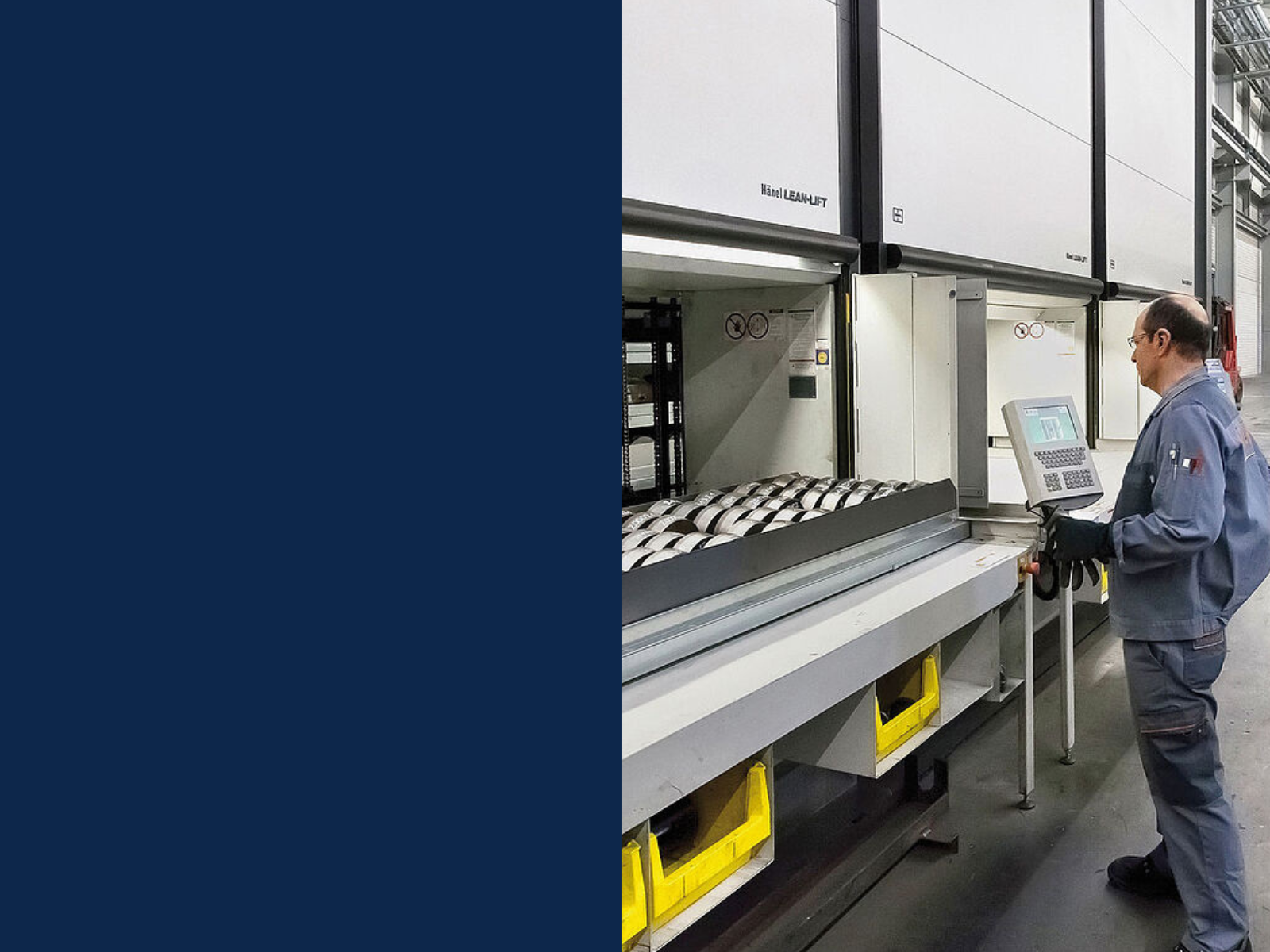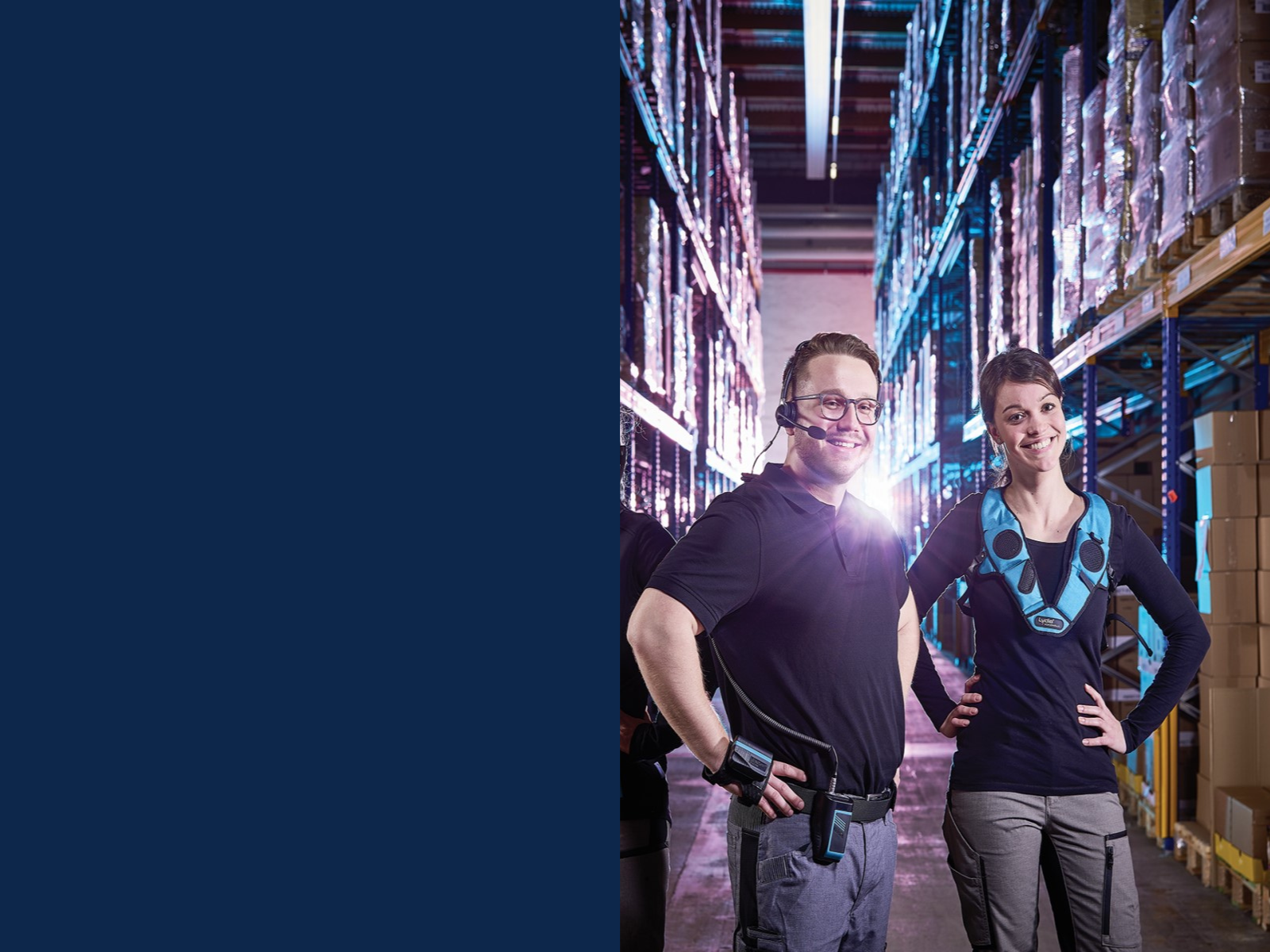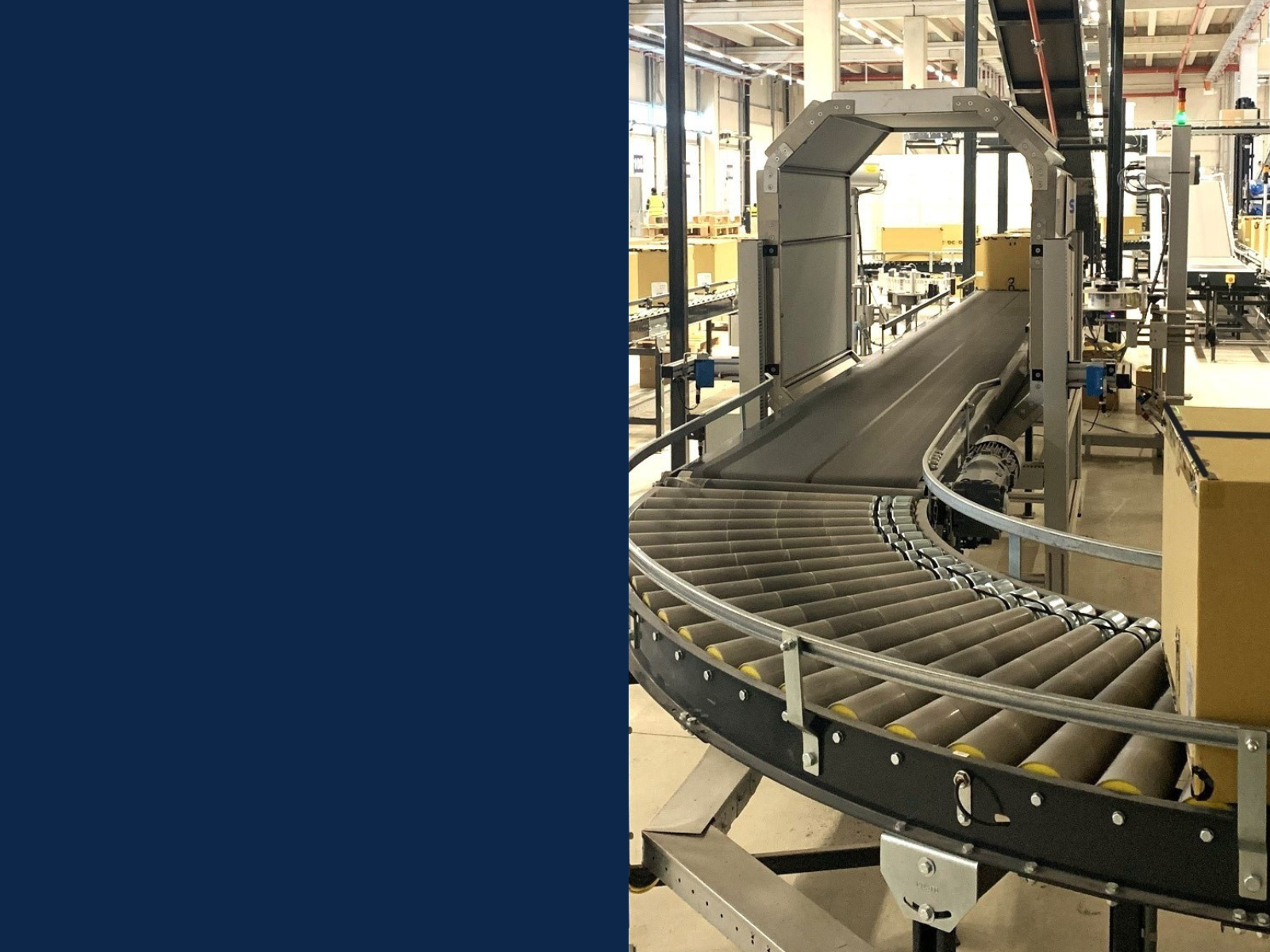What’s a Warehouse Management System?
Knowledge update
What’s a WMS?
The business world has changed significantly in recent years. Efficiency, quality and flexibility have an impact on the competitive environment, which has led to a growth in automation and mechanization in warehouses. A good warehouse management system is essential for this. A reliable Warehouse Management System makes this very easy and also provides a boost in performance. In this article you will read what a WMS is, how it works and what the advantages are.
The term Warehouse Management System is abbreviated as WMS. This information system manages all logistics processes in the warehouse and is applied to automate warehouses, distribution centers or other storage locations. From goods administration and placing them in the warehouse to planning and distribution to the customer. The implementation of a Warehouse Management System provides a reliable overview of the goods flows and is the base for automation and mechanization in warehouses.
Warehouse automation
What do you use a Warehouse Management System for?
A Warehouse Management System is a step towards warehouse automation, in which the improvement of inbound and outbound goods flows is paramount. But even if you do not want to (further) automate and mechanize the warehouse, a WMS is beneficial for controlling the activities on the work floor. Warehouses are getting bigger while delivery times need to be shorter. A Warehouse Management System can meet the high demands on effective and efficient management of warehouses.
Automating the flow of goods
WMS software centralizes all data used to control the flow of goods in warehouses. The system not only monitors stock levels, but also processes orders in the correct order, optimizes logistics and manages storage locations in the warehouse. This reduces the risk of errors and allows faster deliveries.
Warehouse Management System for every business environment
A WMS is possible for practically every organization and all types of goods. Whether it is the automation of a production company, transport company, retail chain or wholesale. However, each sector requires its own approach to warehouse automation. Costo Intralogistics has already realized many projects in different branches: from e-commerce, logistics services, retail to production and industry.
Get in touch!
Choosing the appropiate software is important.
You want to make sure it suits your team, ambitions and the current systems.
We are happy to help you!
Inspiration
Relevant projects.
Find out more about the application of a WMS in practice.
Learn from some of Costo’s implemented systems now.
Efficiency
What are the benefits of a WMS?
WMS systems make inventory management and logistics processes more efficient. All logistical activities are carried out smoothly, easily and accurately. This reduces the operating costs of the warehouse and allows a faster response to (new) developments.
Why a Warehouse Management System is a valuable addition:
- Always insight into the current stock
- Smarter use of warehouse space
- Higher productivity
- More efficient use of logistics resources
- Lower warehouse costs
- Less chance of errors
- Greater flexibility
- Higher customer satisfaction thanks to faster and faultless delivery
As with all automation, it also frees up more space for challenging work for technical professionals and offers the chance to learn new things.
Starting a successful
cooperation?
Would you also like to start a successful partnership for your logistics solutions? Contact one of our specialists and we will be happy to help you with your challenges!
Optimal efficiency
How does a Warehouse Management System work?
A WMS is an advanced computer system that ensures the optimal deployment of internal logistics processes. The Warehouse Management Software works closely with the ERP (Enterprise Resource Planning) and WCS (Warehouse Control System), the system for controlling the hardware. Together, these are the three technical systems that support the warehouse processes in a company.
Optimization of daily operations
Based on the information from the ERP, the WMS controls the daily operations. The WMS software converts an order from the ERP into logistical tasks. This involves what and where something needs to be picked in the warehouse, but the system can also take into account the packing of it, so that e.g. the heaviest products of the order come at the bottom. In addition, the Warehouse Management System monitors performance and generates reports that give you better insight into, among other things, inventory and KPIs.
Advice
Get in touch with our specialists
Do you want advice about the automation of your warehouse? Feel free to contact us.
Our experienced team will be glad the help you!
"*" indicates required fields






